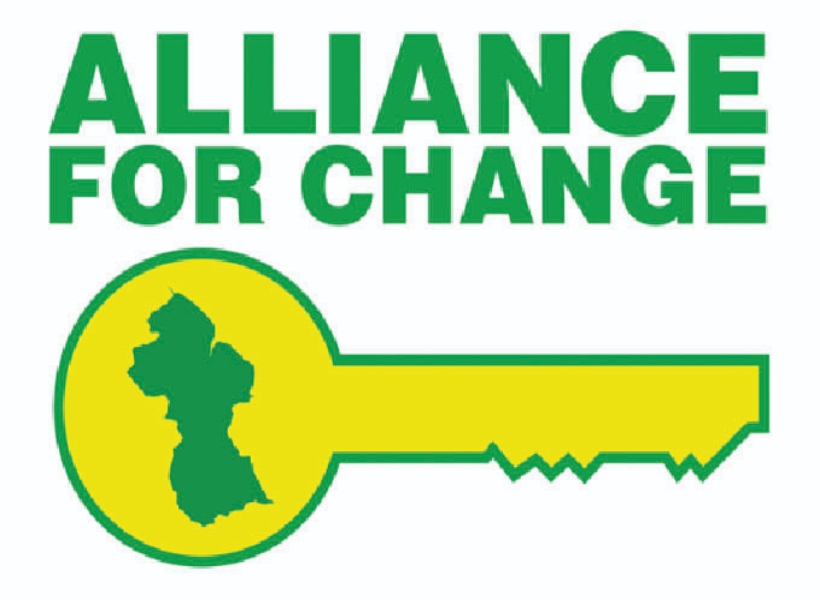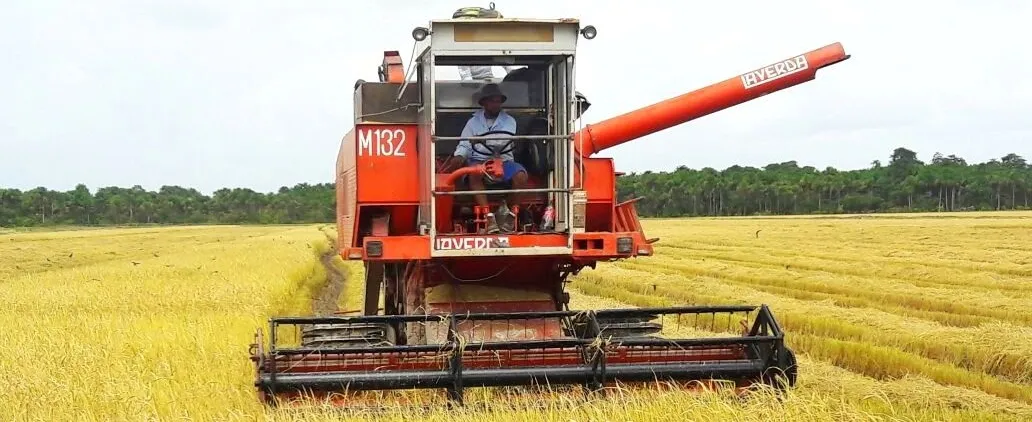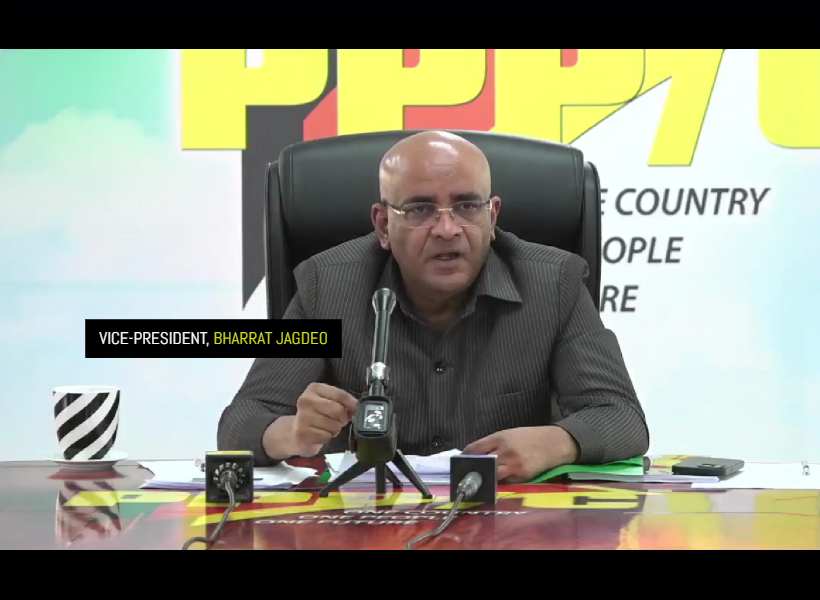Vice President Dr. Bharrat Jagdeo has unveiled plans for the government to introduce a comprehensive oil spill legislation by August this year. This move comes as part of the government’s efforts to enhance environmental protections and ensure accountability in the oil industry.
Addressing concerns about existing agreements and environmental permits, Vice President Jagdeo emphasized that there are currently no provisions weakening Stabroek Block operator, ExxonMobil’s obligations regarding oil spills or compensation for affected communities. However, he highlighted the need to reinforce these measures with dedicated legislation.
“..should there be a spill….we are fortifying that with oil spill legislation, which will be passed hopefully before the end of the—before we (parliament) go into recess in August,” he announced.
He added, “That will further strengthen the government and the regulatory authorities. tools to be able not just to manage a spill, but to enforce liabilities on offending parties, including parties that transport fuel.”
The proposed legislation aims to delineate clear responsibilities and liabilities in the event of an oil spill, both on the part of governmental entities and the companies accountable for the spillage. Last month, Dr. Jagdeo emphasized the necessity of establishing a comprehensive framework encompassing immediate response mechanisms and avenues for resolution, including the equitable determination of compensation. He stated, “We will determine responsibilities both on the state side and from the parties causing the spill. We will determine liabilities in the Act, and who would be liable for what.”
Dr. Jagdeo shed light on existing regulatory gaps, particularly concerning spills involving vessels not directly affiliated with major oil corporations. He articulated the need for robust enforcement mechanisms to hold accountable those responsible for such incidents, stressing the importance of international benchmarks in shaping the proposed legislation.
“There is currently a gap now because if a vessel were to have a blowout or one of these big vessels transporting oil and gas, they may not be associated with Exxon, this is a company that (Exxon) may hire (to transport the oil). So who is liable in that instance? And how do we enforce their liability? All of these are questions that we would look at in the legislation,” he noted.
Nevertheless he indicated the proposed legislation underscores the government’s commitment to safeguarding the environment and ensuring accountability within the oil industry. By bolstering regulatory tools and enforcement mechanisms, Guyana aims to mitigate the risks associated with oil exploration and protect its natural resources for future generations.









